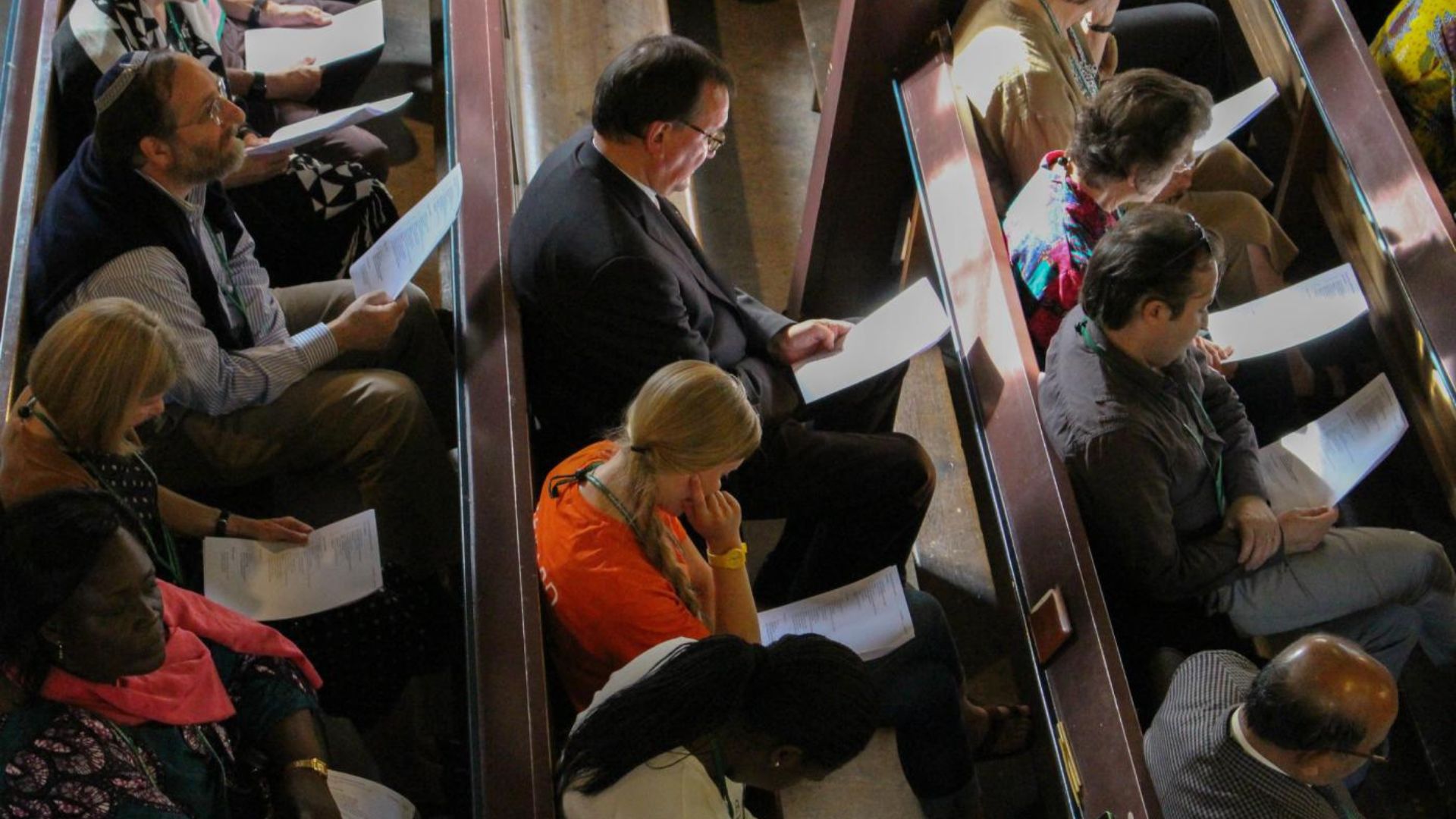
|
Getting your Trinity Audio player ready...
|

Religion and Politics
The relationship between religion and politics is complex and multifaceted, with religion often influencing political ideologies, governance structures, and public policies. In many societies, religious institutions and leaders play an active role in shaping political discourse, mobilizing voters, and advocating for specific social and moral issues. Moreover, religious identity and affiliation can impact political affiliations and voting behaviour, with religious demographics often forming voting blocs that influence electoral outcomes. However, secularism, the principle of separating religion from government affairs, is also prevalent in many democratic societies, where the state is expected to remain neutral in matters of religion and treat all citizens equally regardless of their religious beliefs.
Ethics and Moral Values
The influence of religion on society is that it provides a moral compass for individuals and communities, offering ethical guidelines and principles that shape personal conduct and societal norms. Central to many religious traditions are teachings on compassion, justice, honesty, and altruism, which serve as the foundation for moral behaviour and ethical decision-making. Religious ethics emphasize the importance of treating others with dignity, respect, and empathy, fostering a sense of responsibility towards the well-being of fellow human beings. Moreover, religious teachings often address contemporary ethical issues such as poverty, inequality, environmental stewardship, and human rights, providing moral frameworks for addressing social challenges and promoting justice and equity.
Education and Knowledge Systems
Religion has historically played a significant role in education, with religious institutions establishing schools, universities, and seminaries to transmit religious teachings and values to future generations. Religious education encompasses instruction in religious doctrine and training in various academic disciplines, including philosophy, theology, literature, and ethics. Moreover, religious texts and traditions have contributed to the development of knowledge and intellectual inquiry in areas such as philosophy, science, medicine, and literature. Religious scholars and thinkers have made significant contributions to human knowledge and understanding, shaping intellectual discourse and cultural developments throughout history.
Social Justice Movements
Religion has been a driving force behind numerous social justice movements aimed at addressing inequality, oppression, and injustice. Inspired by religious teachings of compassion, justice, and solidarity, activists and religious leaders have mobilized communities to advocate for change and challenge systemic injustices. From the abolitionist movement to the civil rights movement and beyond, religious activists have played key roles in advancing social reforms and promoting human rights. Moreover, religious institutions and organizations often provide support and resources for marginalized communities, including food assistance, shelter, healthcare, and education, contributing to efforts to alleviate poverty and inequality.
Challenges and Controversies
Despite its positive contributions, religion faces challenges and controversies that can lead to conflict, division, and misunderstanding. Religious extremism, sectarian violence, and intolerance remain persistent problems in many parts of the world, fueled by ideological differences, political tensions, and socio-economic factors. Moreover, tensions may arise between religious values and secular laws, particularly in pluralistic societies where diverse religious and cultural perspectives coexist. Additionally, debates over religious freedom, secularism, and the role of religion in public life continue to shape legal and political discourse, raising complex questions about individual rights, social cohesion, and the common good.
Conclusion
In conclusion, the influence of religion on society religion is important. It plays a multifaceted and complex role in society, influencing cultural, political, ethical, educational, and social dimensions of human life. While religion has the potential to inspire individuals and communities to strive for justice, compassion, and social change, it also presents challenges and complexities that require careful consideration and dialogue. By recognizing the diverse ways in which religion shapes human societies and addressing the challenges it poses, we can work towards building a more inclusive, equitable, and harmonious world.
You might also be interested in the following:
